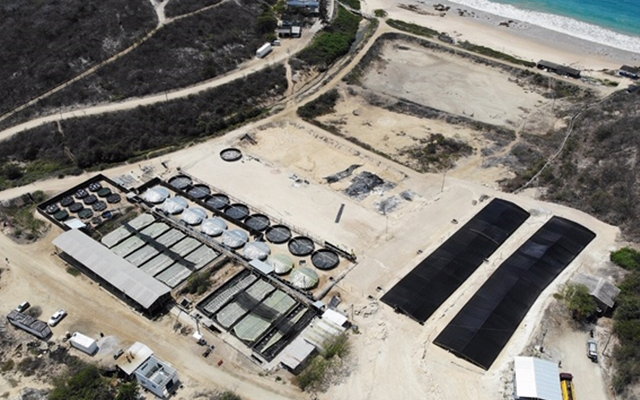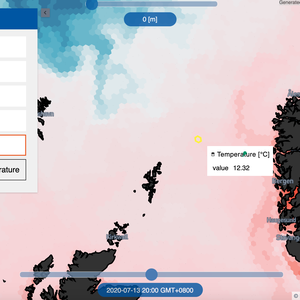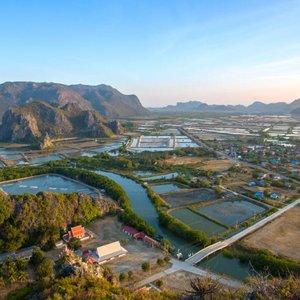Hendrix Genetics began the first cycle of shrimp production at the Macrobio hatchery, a state-of-the-art shrimp breeding operation in Ecuador. The hatchery is making waves in the Ecuadorian shrimp industry with a more sustainable approach to shrimp breeding.
Hendrix Genetics partnered with Nutreco and Ecuacultivos to invest in upgrading the Macrobio hatchery in Ecuador in 2019. Located in the western region of Ecuador, one of the largest shrimp production regions in the world, it is a closed-cycle breeding operation that will produce clean, Specific Pathogen Resistant (SPR) shrimp. The first generation of shrimp will be ready by the end of 2020.
“What makes this initiative unique is that our partners also see sustainability as a priority. Our partners are highly progressive compared to others in the region. With strong farm management systems, biosecurity, high-quality feed and innovative technology, we have created a powerhouse partnership for success. By producing more efficient and healthy offspring that thrive in challenging environments, we can increase profits for all involved and expand regions that have struggled with production in the past,” the company said.
Hendrix Genetics has entered this initiative to create disease-free, but also highly SPR shrimp. Breeding shrimp with high performance, fast growth and good harvest characteristics and antibiotic-free so farmers can optimize land use and produce more with less, are the objectives of the company.
With plans to deliver accelerated genetic progress much faster than traditional selection methods, Hendrix Genetics brings expertise, skills and knowledge from over 30 years of experience in the salmon industry to help steer a successful path in shrimp breeding. Neil Manchester, managing director of aquaculture at Hendrix Genetics, refers to the term of ”salmon-izing” the industry, a term described as using the salmon industry to help advance shrimp breeding and production. “With salmon breeding often referred to as the most advanced and sophisticated for breeding innovation and technology, there is a lot that we can transfer into shrimp breeding. Combining years of tried and tested knowledge, expertise and skills, Hendrix Genetics accelerates genetic gain and delivers enhanced genetics to market much faster,” Manchester said.
Macrobio general manager, Claudio Cerda, who has a strong background in the Chilean salmon industry, said that “we expect to have the first generation of genetically enhanced shrimp by the end of the year. Afterward, a selection based on harvest characteristics like growth, disease resistance and spawning frequency will be made for future generations. We aim to provide high quality, reliable shrimp genetics and to grow our market share progressively.”













